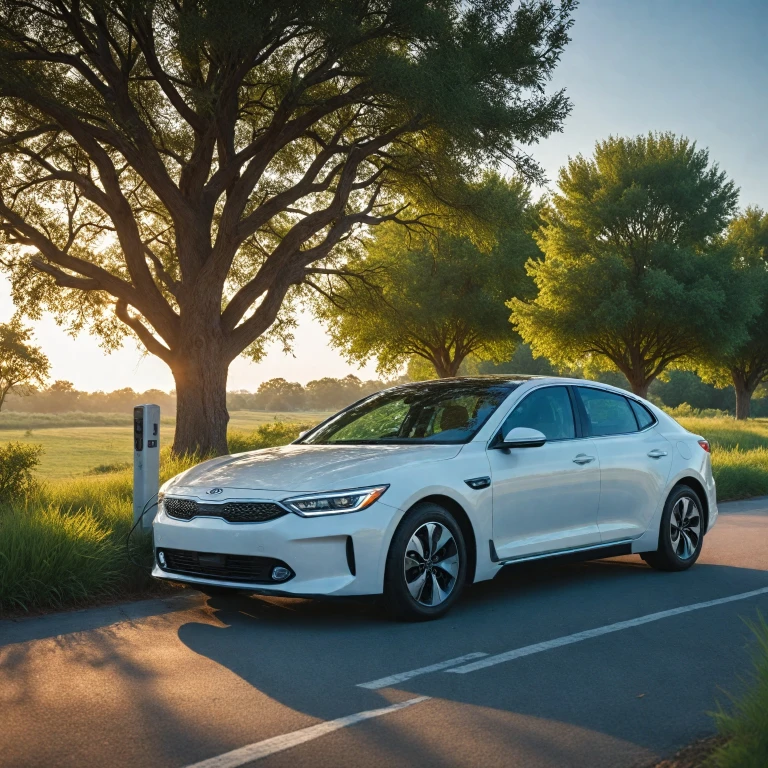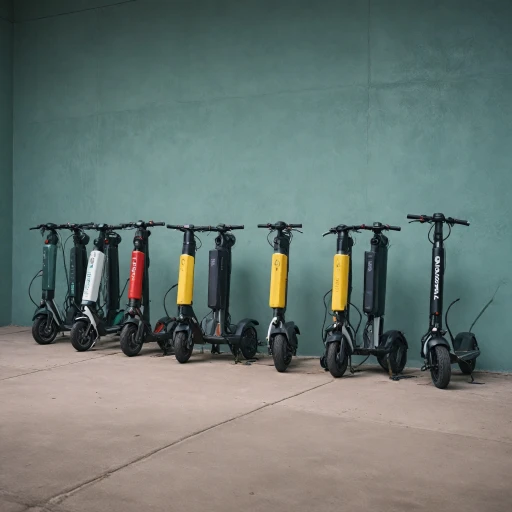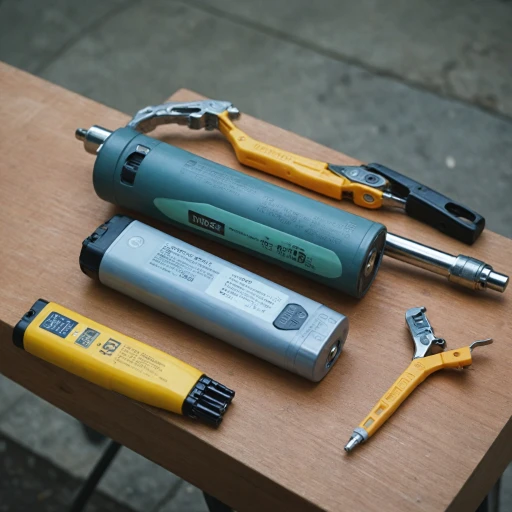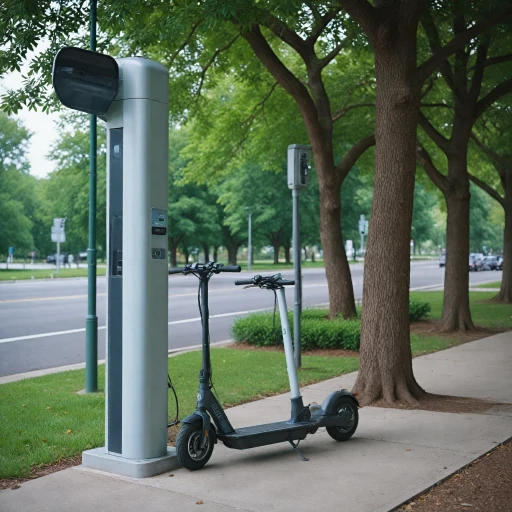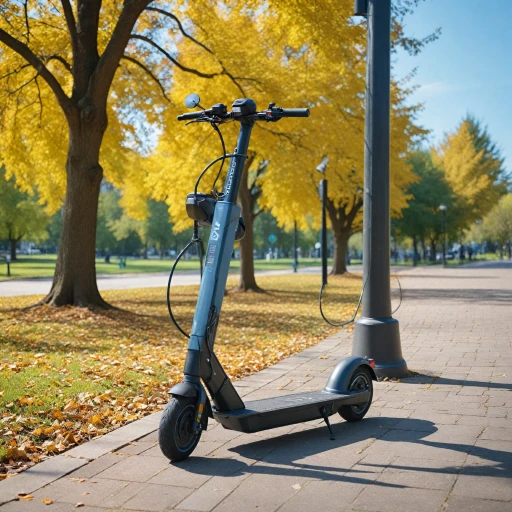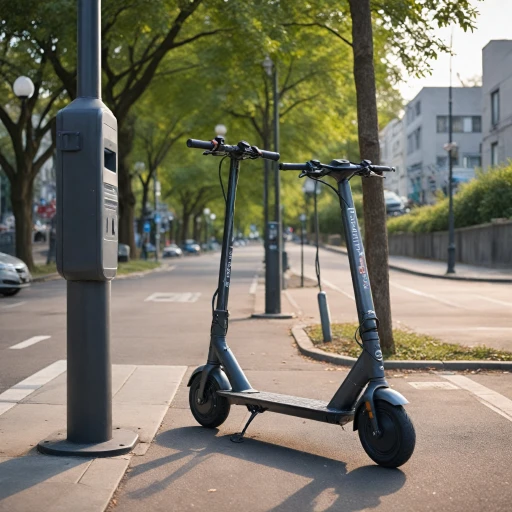
Understanding Level 1 Charging
Delving into Level 1 Charger Fundamentals
When it comes to electric vehicles, such as a Kia EV, understanding the basics of Level 1 Charging is crucial.
Level 1 chargers use a standard 120-volt outlet, the same as most household electrical outlets in the United States. This means installing additional specialized equipment is often unnecessary, making this a convenient option for many electric vehicle owners.
Key Points for Efficient Level 1 Charging
- Convenience: With its reliance on basic outlet setups, you can plug your car charger directly into any suitable circuit.
- Portability: These chargers are typically lightweight, making them easy to move. Whether you’re plugging into a garage outlet or taking a portable charger on a trip, flexibility is a key advantage.
- Efficiency: While not the fastest solution, Level 1 charging is reliable, especially for users with a set routine that allows overnight charging.
Things to Keep in Mind
- Charging Time: Since Level 1 charging is slower, it's ideal for overnight charging at home. Expect to gain approximately 3-5 miles of range per hour of charge.
- Compatibility: Ensure compatibility with your vehicle’s charging system and check if your home circuit can support the amp requirements.
- Future-Proofing: Consider whether investing in a more advanced setup later might benefit your long-term needs.
This foundational understanding is vital as you explore cost considerations and potential upgrades in your Kia EV charging setup.”}
Key Features to Look for in a Level 1 Charger
What Makes a Level 1 Charger Stand Out
When selecting a Level 1 charger for your electric vehicle, especially for a Kia EV, there are critical features you'll want to consider to ensure optimal performance. A Level 1 charger is the most basic form of electric vehicle (EV) charging, using a 120-volt AC plug to connect the car to a standard household outlet.
Amperage Capabilities
The amperage of the charger directly affects charging speed. Ensure that the charger can handle a minimum of 12 amps to accommodate most electric vehicles, including Kia models. Chargers with higher amperage may offer more efficient charging, but it's essential to validate compatibility with your specific car model.
Cable Length and Quality
The length of the charging cable is another important factor. A longer cable offers more flexibility in reaching your EV, particularly if your home’s power outlet isn’t in close proximity to the vehicle. Look for cables with a robust build to withstand wear and tear over time.
Portable Design
For EV owners who need flexibility, a portable charger can be very convenient. This feature allows you to take your charger along on road trips, allaying fears of being stuck without access to an electric socket. Many Level 1 chargers are lightweight, making them ideal for on-the-go charging.
NEMA Plug Compatibility
Make sure that the charger you choose is compatible with the NEMA plug standards, ensuring a secure and efficient connection. This will help to avoid any potential issues or inefficiencies during the charging process.
Build Quality and Safety Features
Manufacturers typically offer chargers with various safety standards, including features to prevent overcharging and short circuits. Reliable build quality ensures durability, while safety features provide peace of mind.
It's also a good idea to read through your preferred charger reviews on platforms like Amazon, where you can learn about real user experiences. Also consider joining a kia forum to discuss with other forum members about the best chargers, installation tips, and costs.
By carefully considering these features, you can select a Level 1 charger that not only meets your current needs but also stands up to future demands, ensuring your Kia EV remains powered and ready for any journey. For more on the importance of a proper charger, check out additional resources.
Top Level 1 Chargers for Kia EVs
Popular Choices for Electric Vehicle Enthusiasts
When searching for the best Level 1 charger for your Kia EV, it's essential to consider various options available in the market. These chargers offer different features catering to a range of needs, from portability to power delivery. Here's a look at some top-rated Level 1 chargers you might find useful:- Lectron Level 1 Portable Charger: Known for its portability and ease of use, the Lectron Level 1 charger is a favorite among Kia owners. Equipped with a standard NEMA plug, it connects easily to regular household outlets. Its durable charging cable ensures reliable vehicle charging with effortless connection to your car's charging port.
- ChargePoint Home Flex: Although primarily designed for Level 2 charging, the ChargePoint Home Flex can adapt to your Level 1 needs with a simple adjustment. This flexibility makes it ideal for those planning to upgrade their charging setup in the future. It too uses a NEMA plug for convenient installation.
- Amazon Basics Level 1 EV Charger: A budget-friendly option, this charger provides solid performance with a compact design. It plugs into a standard outlet, delivering a consistent level charge to your Kia EV. Its straightforward nature makes it a great choice for first-time electric vehicle owners.
- Tesla Mobile Connector: While primarily designed for Tesla vehicles, many Kia owners use a Tesla adapter to leverage this versatile charger. It's a solid investment due to its portability and compatibility with various vehicle models beyond the Tesla brand.
Installation and Setup Tips
Steps to Efficient Installation and Setup
Installing and setting up a Level 1 charger for your Kia electric vehicle is a straightforward process, but ensuring it’s done correctly is crucial for optimal performance. Before diving into the installation, make sure you have the right charger compatible with your car’s specific needs.- Location is Key: Choose an installation location that’s easily accessible and within proximity to your electric vehicle’s parking area. This minimizes the hassle of connecting the charging cable every time you need to charge.
- Ensure Necessary Power Requirements: Verify if your existing electrical setup can accommodate the charger’s power needs. Most Level 1 chargers need a standard NEMA plug, typically a 120-volt outlet. For safety, it’s best to connect to an amp circuit that can handle the power requirement of the charger.
- Installation: Depending on the charger model, it may be plug-in or hardwired. Plug-in models involve less setup work, often requiring no more than connecting the charger to the NEMA outlet. Hardwired units might necessitate professional installation especially if alterations to your electric panel or circuit are required.
- Testing and Safety Check: Once installed, test the charger to ensure it’s operating correctly and safely. Check that all connections are secure, and look for any warning signs such as overheating or error messages on the charger.
- Portable Chargers: If you are opting for portable chargers, ensure they are appropriately rated for outdoor use if you plan to charge outside. These chargers can be stored conveniently in the car and taken on journeys to locations with power outlets.
Cost Considerations and Budgeting
Budgeting for Your Level 1 Charger
When considering the cost of a Level 1 charger for your Kia EV, it's essential to weigh several factors to ensure you make a financially sound decision. While Level 1 chargers are generally more affordable than their Level 2 counterparts, there are still various elements to consider that can impact your overall budget.
Initial Purchase Costs
The initial cost of a Level 1 charger can vary significantly based on brand, features, and compatibility with your electric vehicle. Chargers like the Lectron Level or those available on Amazon might offer competitive pricing, but it's crucial to ensure they meet your specific needs, such as the correct amp rating and NEMA plug type. Comparing prices and features across different platforms, including forums and reviews, can provide insights into the best value for your money.
Installation and Setup Expenses
While Level 1 chargers typically plug into a standard household outlet, you might need to consider additional costs for setting up a dedicated circuit or upgrading your existing electrical system. Consulting with a professional electrician can help determine if your current setup can handle the charging load, especially if you plan to use a portable charger or if your home has older wiring.
Long-Term Savings
Investing in a reliable Level 1 charger can lead to long-term savings by reducing the need for public charging stations, which can be more expensive. Additionally, using a home charger allows you to take advantage of off-peak electricity rates, further lowering your charging costs over time.
Exploring Incentives and Rebates
In the United States, various incentives and rebates are available for electric vehicle owners, which can offset the cost of purchasing and installing a Level 1 charger. Checking with local utility companies and government programs can reveal potential savings opportunities.
By carefully considering these cost factors, you can make an informed decision that aligns with your budget while ensuring your Kia EV remains efficiently charged and ready for the road.
Future-Proofing Your Charging Setup
Planning for the Future: Strategies for Your Charging Setup
Investing in a Level 1 charger for your Kia EV is just the beginning. As electric vehicles (EVs) become more common, it’s crucial to think about how your charging setup can adapt to future advancements and demands.- Adaptable Chargers: Opt for a charging station or portable charger that allows for upgrades or extensions. This feature can help accommodate changes in charging technology, vehicle upgrades, or household energy needs. Some chargers available on platforms like Amazon may offer modular designs.
- Higher Amp Circuits: Consider installing a 20-amp circuit instead of a 15-amp if you have the capacity. This foresight can support faster charging as you upgrade your EV or if you acquire additional electric vehicles in the future.
- NEMA Plugs: Engage with universal NEMA plugs for your chargers. These are more likely to remain compatible with future charging requirements and allow flexibility in using different charging stations or scenarios, whether at home or portable setups.
- Charging Spots: Think about your home's charging location. The spot should be adaptable for easy access to current and future vehicles. A garage outlet with adequate space or an outdoor location protected from weather conditions could be ideal.
- Monitoring Technological Trends: Keep an eye on forums and forums members who discuss electric vehicles and charging. A forum like Kia forum might provide real-time insights and reactions from other EV owners about innovative charging solutions and new product releases. Engaging with these communities can provide valuable feedback and help you make informed decisions.

